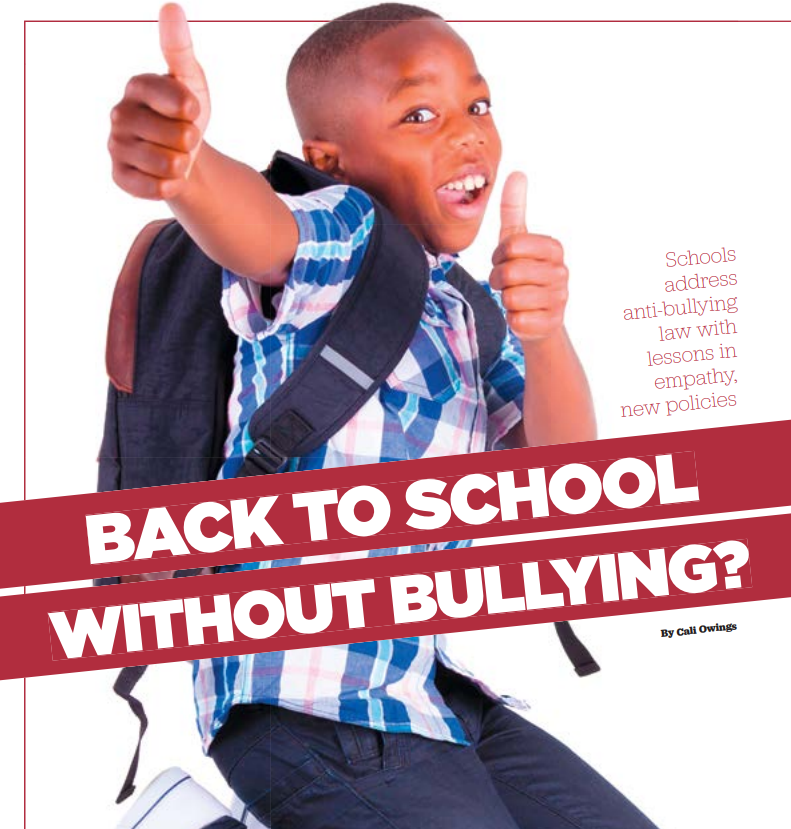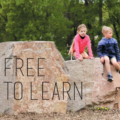The new school year is right around the corner, and parents, teachers, and students are all looking forward to a more normal semester this fall. That said, COVID-19’s impact, and the impact of the remote learning that came with it, can’t be overstated, even two years later.
We now definitively know that in districts around the country that went remote, achievement growth was lower for all subgroups. The groups hit hardest academically were students who attended high-poverty schools. Additionally, it is now beyond doubt that many students who experienced learning loss still haven’t made it up.
There’s no question both students’ and teachers’ mental health have been affected by the pandemic, too. During the height of social distancing, many students didn’t have access to friends, mental health services, free or reduced-cost lunches, physical activity, and technology sufficient to participate in school. Many teachers, meanwhile, reached their breaking point without the ability to have real connections with their students and peers.
At Groves Academy, which is a school for students 1-12 grades with learning differences in St. Louis Park, we responded early to the challenges COVID presented. Our unique history of serving students with learning differences gave us an edge in mitigating the issues remote learning brought.
Relationships were key at the beginning of the pandemic. When connections were harder to maintain because of social distancing, it was intuitive for us to leverage authentic communication and relationships between our families and school. This connection to our students led us to realize the impact that COVID had right away.
In concert with the counseling services we provided, we also made sure everyone in our ecosystem – students, staff, teachers and parents – had the resources they needed. These resources included social opportunities for students outside the classroom, biannual mental health screenings, modified and flexible schedules, and extra accommodations for students who had to continue remote learning.
The results we saw at Groves were extraordinary. Compared with other schools in Minnesota and around the country, Groves has seen a relatively small number of students with elevated mental health issues brought on by the pandemic. The results are even more noteworthy when you consider that, on average, children who face challenges associated with learning disabilities or differences, like the children we serve, have higher percentages of mental health issues.
So, now that we are through the worst of it, what can we as educators learn from the pandemic?
First, I do believe that schools and school districts have learned to embrace the meaningfulness of lifting up and celebrating the unique strengths and assets of every community member. Mental health issues aren’t going anywhere – the only way we can fight them is together.
We also must acknowledge that, despite our best efforts, learning loss did occur when schools went remote. We have to make a conscious effort to help kids get back what they lost or didn’t learn at all.
I also think there needs to be increased intentionality in maintaining perspective. That could look like finding moments throughout the school year to pause from day-to-day operations to create new ways to connect as a community.
Finally, I truly hope that we have learned that when unforeseen external forces stress our school systems, our job and moral imperative is to foster and nurture our children. They need examples, and we as educators can set a regulated, empathetic, kind, resilient example for them.
The question used to be how well are our kids doing – whether it was literacy proficiency or achievement scores. Today we realize the more important question is “Are our children and teachers well?” And that’s progress that will make us all better.
G. Bryan Fleming, President of Groves Learning Organization

























